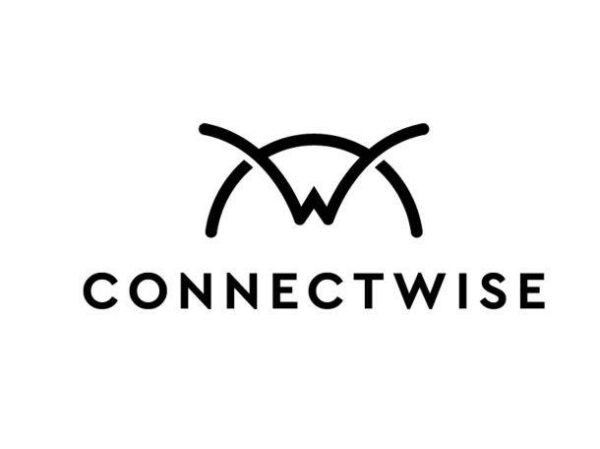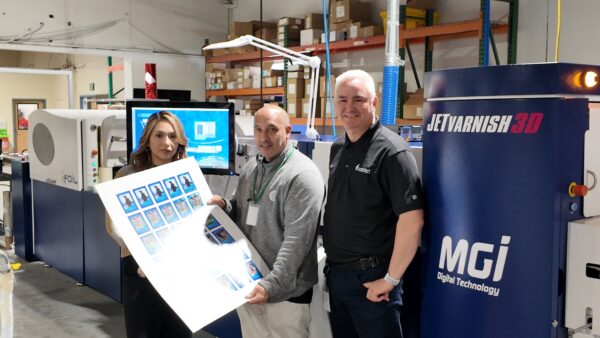To better understand the risks and rewards of what it takes to succeed in managed IT, we gathered a distinguished group of panelists with distinct knowledge of the IT services space for a virtual panel in our March issue, which launches in the next few days. They responded to questions about the most common mistakes dealers make when launching a managed IT business, how to pinpoint a relevant acquisition target, hiring and retention, and whether cybersecurity is a must-have managed IT offering. Here, they each offer an opinion about the traits common to dealers who have been successful offering managed IT.
Panelists include Julie Branc, vice president, product portfolio & customer experience, All Covered, IT Services Division of Konica Minolta; Patrick Layton, vice president, managed IT services, Impact Networking; Michael Macri, director of sales, Fraser Advanced Information Systems; Anthony Sci, president & CEO, Keypoint Intelligence; John Schweizer, vice president channel sales, ConnectWise; Greg VanDeWalker, senior vice president, IT Channel and Services, GreatAmerica Financial Services and Collabrance LLC.
CR: What one or two traits do dealers who have been successful offering managed IT possess?
Branc: Executive sponsorship/principal involvement. The reseller principal must be committed to adopting DX services and strategies, becoming the change agent within the organization, as well as assisting with the day-to-day functions and planning. The principal will construct and carry out a clear vision, mission, and set of values for all employees to share, understand and follow.
Layton: It’s knowing who you are and what you are trying to do. Our big differentiator, on the MSP side where we’re considered a premium MSP, is we charge premium prices. We provide truly white glove service and that’s the model that we want to have. The only way that works is by doing everything. We don’t outsource anything. If you work with us, you’re working with my people, always. We don’t outsource support. We don’t outsource back office. That allows us to control the quality. We want to help clients utilize technology for some form of gain. It’s no longer just the status quo of keeping the lights on and you’re the IT guy. I want to be the IT guy, but I really want to be the technology partner.
For even the small MSPs, why would a partner decide to partner with you for their IT service? What is it that you are bringing to the table? Those are the questions that I always ask. The big one that we talk about on a regular basis is “How easy are you to work with?” People are used to the Amazon age and click the button and it’s on your doorstep when you get home from work. How much paperwork do you have? How many people does a decision have to go through? How long does it take to get those decisions? I think that business soft skill side gets overlooked because a lot of these MSPs hire a good technical guy that knows that side, but they fail to blend in the business side.
Macri: Traits differ based on what aspect of the business you are looking at. In terms of sales, you must have account executives who are comfortable selling based on value, as this isn’t a commodity sale. It would help if you had entrepreneurial and curious employees interested in innovation and tools who can also be customer-facing and build trusting relationships with clients. You need management who can create impactful KPIs and use them as the critical metrics of success in the business.
Sci: Hiring the right people. This is the key to a successful program. Who is driving the program every day and finding a “salesy” IT person is the key.
Schweizer: Dealers need to narrow their marketing approach to MSP sales. Not everyone in your customer or prospect is a target for MSP services. We have statistics that show the MSP targets in a traditional base of MIF is less than 15%. The good news is that if you secured just 25% of those, your MRR from your MSP business would be equivalent to the MRR from your copier base. Now that is exciting. Even more exciting unlike MFD sales, the MSP non-recurring revenues and projects tend to contribute every year, just not at lease renewal time.
VandeWalker: Successful dealers display relentless discipline in only serving their Targeted Customer Profile (TCP). This is very difficult because it runs contrary to the copier channel DNA where everyone is considered a possible lead. It is not that way with IT. IT execution differs and evolves with the size of the business. Scope creep up or down from your TCP will get you in trouble.
Access Related Content




